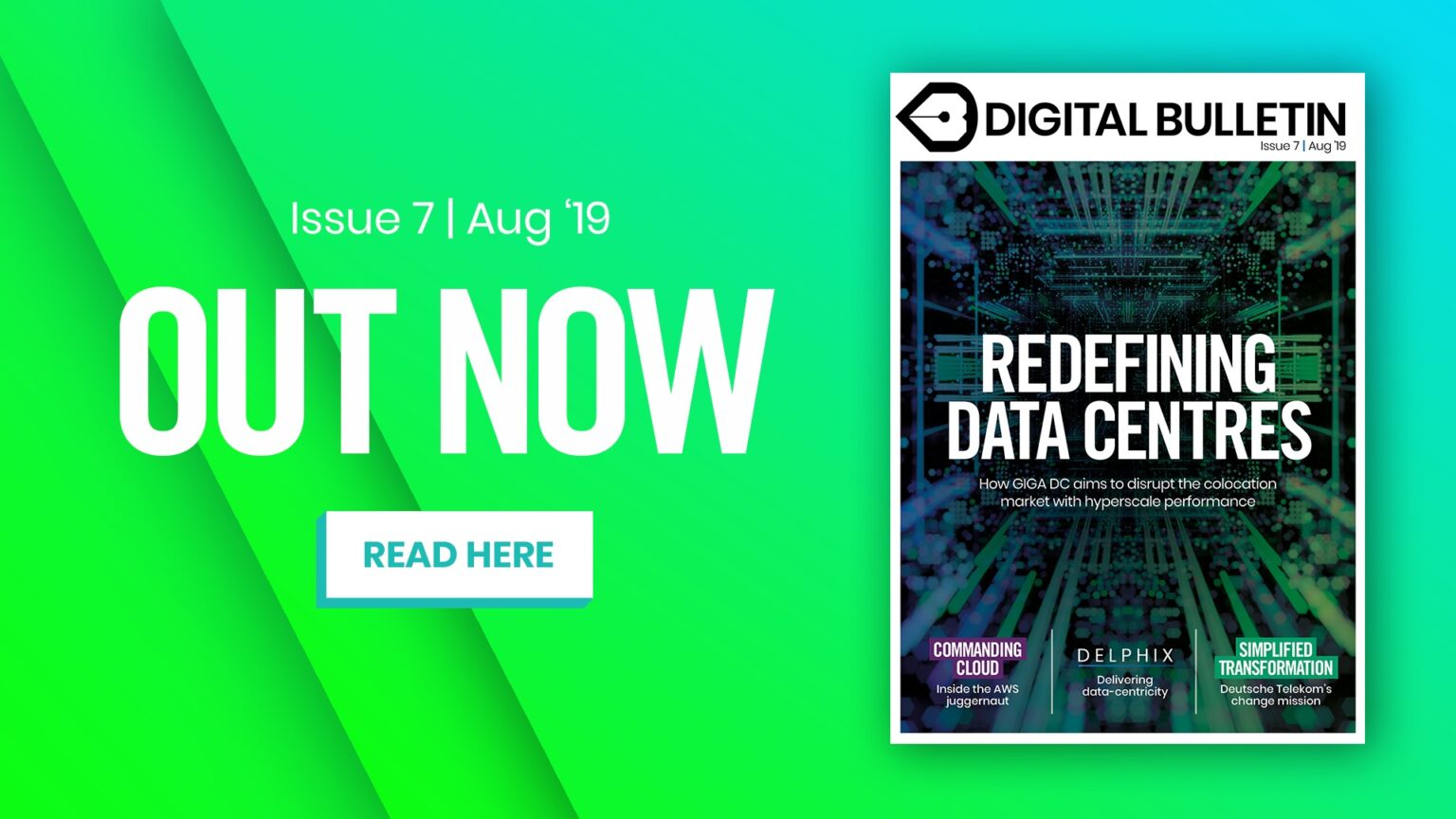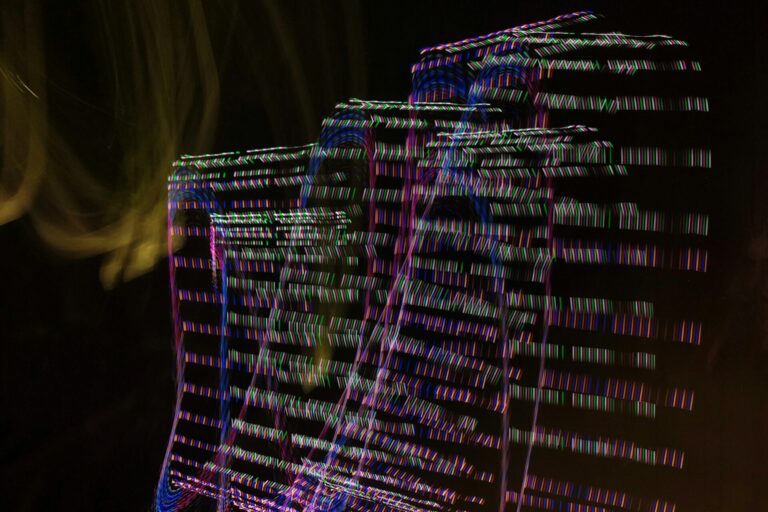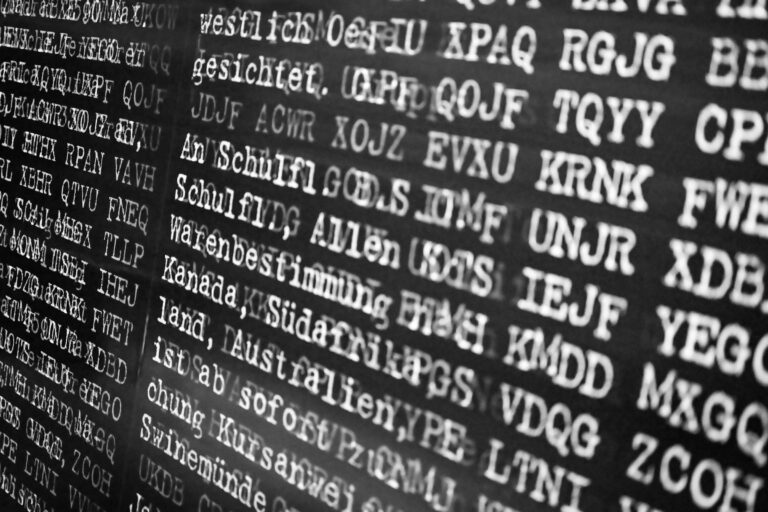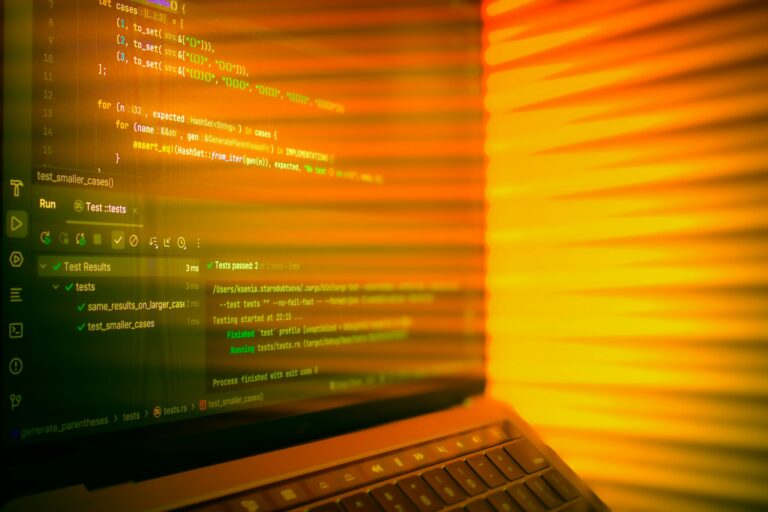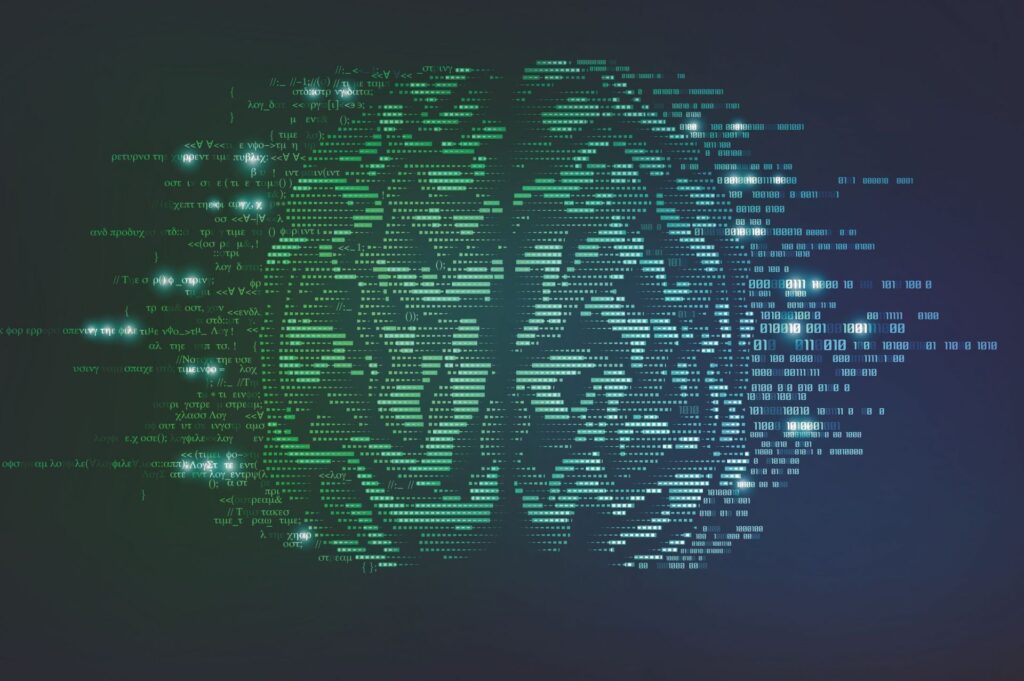
In an attempt to cut through the headlines, Digital Bulletin speaks with author and technology business leader Charles Towers-Clark about a future that will simply have to unite human beings with artificial intelligence
“Just to be a bit provocative, I put this problem on the same level as climate change.”
This is a striking verdict on artificial intelligence (AI) and its impact on humanity, specifically the future of work. It comes from Charles Towers-Clark: author, Forbes contributor, CEO of Pod Group, and a commentator on how AI and related technologies will affect our everyday lives.
Similar proclamations on AI, from across the spectrum of views, are common. In reality, AI is a clunky umbrella term for many intelligent technology forms – but the perception can be different. A shortage of deep understanding has seen AI misrepresented as a label for any technology that rivals our own existence, making it immediately divisive as a topic. All of this leaves it a daunting and controversial subject to tackle.
Towers-Clark has spent the last four years doing just that. Fascinated by AI’s scope to change the world, he has dedicated part of his professional life to challenging these perceptions, learning the facts and publishing his thoughts as a Forbes contributor and author of the book ‘The W.E.I.R.D CEO: How to Lead in a World Dominated by Artificial Intelligence’.
His view can be distilled into one statement: unless we take significant steps right now, AI will have an irreversible impact on jobs, businesses and society – but perhaps not in the way people might assume.
“When I started looking at AI, I realised that from a societal point of view, we’re going to have a big issue. I couldn’t see how we can be in a situation where, with the advent of AI, we’re not going to be losing a lot of jobs,” Towers-Clark tells Digital Bulletin.

AI will likely lead to job losses: this won’t be news to any readers. But Towers-Clark narrows in on one particular strand of AI – automation – that is already becoming the new cornerstone of business operations. Distinct from the machine automation often associated with AI, automation by this definition is software built to perform mundane tasks.
For Towers-Clark, ‘tasks’ is the keyword, not ‘jobs’. Robotic process automation (RPA), as this type of automation is defined, does not displace jobs completely but is a cheap, efficient and fast option for certain tasks within certain roles. Many businesses are deploying RPA solutions today, as outlined in recent data from Gartner that proved it is the fastest-growing enterprise software with 63% market growth.
“Eventually, anything that can be put into a process will be automated, and anything that can be automated will be done by a computer or a robot,” adds Towers-Clark. “So once you’ve started on that premise, you start looking at the jobs that we all do, and there are certain parts of every job that we do that include processes.
“I believe it will actually impact office jobs more than manual jobs. There will be parts of a lawyer’s job, for example, that will be far better done by a computer, but there will always be parts that could only be done by humans. Once you get to lots and lots of parts of that job getting done by a computer, however, you inevitably are going to get to a stage where you’re not going to need so many people in those jobs.”
This is a softer prediction around the future of AI in the workplace than the harsher ‘robots replacing humans’ narrative. The notion of employers adjusting or adding roles to function alongside technology, rather than replacing them, is supported by many analysts.
In fact, projections of job numbers actually increasing because of AI are relatively common. While Gartner doesn’t hide its forecast that 1.8 million roles could be lost to automation in 2020, it counters that by saying 2.3 million new jobs will be created. But Towers-Clark remains sceptical about the ease of that transition against the backdrop of an expanding technology skills gap.
“The problem I have with it is the timing,” he explains. “The jobs which we’re creating are fundamentally a different type of job to what we’ve ever done before. They will require people to take initiative and join bits together which they haven’t previously done.
“If you look at the last ‘industrial revolution’, we went from farmers being out in the field doing manual work to then going into the factory – but again they were doing manual work. Whereas what we’re doing here is fundamentally different. We’re taking a process-led society into one where humans need to be joining the dots and be highly skilled and creative, and these are all the things we’re not taught to do.”
AI has the opportunity to completely change society
Such uncertainty around the future jobs market leads to the question of whether many current roles could be successfully augmented with AI, and it is this idea which forms the basis of Towers-Clark’s book. In it, he claims that the future of humanity will depend on educators and employers finding the right balance between people and AI.
He argues that business leaders must narrow in on the human qualities that cannot be replicated by software or machines, and accept their responsibility to engage employees in a different way as technology threatens their roles.
“AI works deep and narrow, whereas humans actually can work wider,” he says. “This means we can see the bigger picture, we can tie things in, we can work out why this process worked better than that one, or how we need to change another process. Artificial General Intelligence is a long way away, so computers don’t have that skill. We do and those are the skills we need to be using.”
In Towers-Clark’s book title, W.E.I.R.D is an acronym incorporating such skills: Wisdom, Emotional Intelligence, Initiative, Responsibility and Development. He believes these are the essential characteristics that separate man from machine, so should form the focus of job roles in a future where simple processes are performed by computers.
The basic premise is that empowering workers to use their human skills in the right environment will ultimately, along with AI-based technologies, drive a business forward and make those workers indispensable. Towers-Clark has adopted such a framework at Pod Group, where he encourages ownership from his employees, devolving his responsibilities as CEO and creating a workplace of unusual transparency. Pod Group has since achieved between 50-100% growth year-on-year.
This strategy could well be the secret to unlocking human potential in an AI-dominated world, but to work at scale it would require a fundamental shift in wider policy, according to the author – and now must be the time for action. Education currently places too much emphasis on process-driven learning rather than responsibility and creativity, says Towers-Clark.
“This is the reason I’ve started working with schools, because fundamentally it comes back to the fact that we need to be dealing with this at an early age,” he says. “So firstly we need to change education. But secondly we need to change environments. In a lot of companies, managers and CEOs spend their lives working out how to tell people what to do. The environment is not suited to letting people take initiative. If you create the environment, I believe that people can do a lot more.”
Improving levels of employee engagement isn’t a new imperative for forward-thinking companies. Humans, not technology, are still widely recognised as an organisation’s most valuable asset. With employee engagement at the centre of business strategy, profitability rises by 21% according to Gallup, the US analytics and advisory firm.
A recent Oracle study, conducted with Future Workplace, saw 93% of respondents also engage positively with the prospect of embracing AI. Is it possible that enterprise is already on top of these challenges, as it drives forward with the dual-priority of people and technology?
“There is a bright side,” admits Towers-Clark. “Part of the reason I wrote the book is because of these debates around AI, but part of it is just in terms of actually just having better businesses. There’s lots of evidence out there – and businesses are moving this way – where the more you empower staff, the better service you’re going to give to your customers.”
The honest truth is that it is still near-on impossible to foresee AI’s definite impact, how it will influence us in the workplace and beyond. Right now, leading organisations and governments are grappling with a topic that remains tantalising because of its potential for both positive and negative disruption. Towers-Clark says the crucial period will come over the next 15 years.
“If you look at the things in the history of man that have changed the way we are; you’ve got the steam engine and you’ve got electricity – those two things, for example, changed all aspects of life. I believe the third one is AI,” he concludes.
“The interesting thing about AI is that we don’t know where it’s going. People say the Internet was a big changer, and the Internet has improved communication, but AI has the opportunity to completely change society. It has far greater reach and will have a far greater impact in terms of the way we live and work.”
